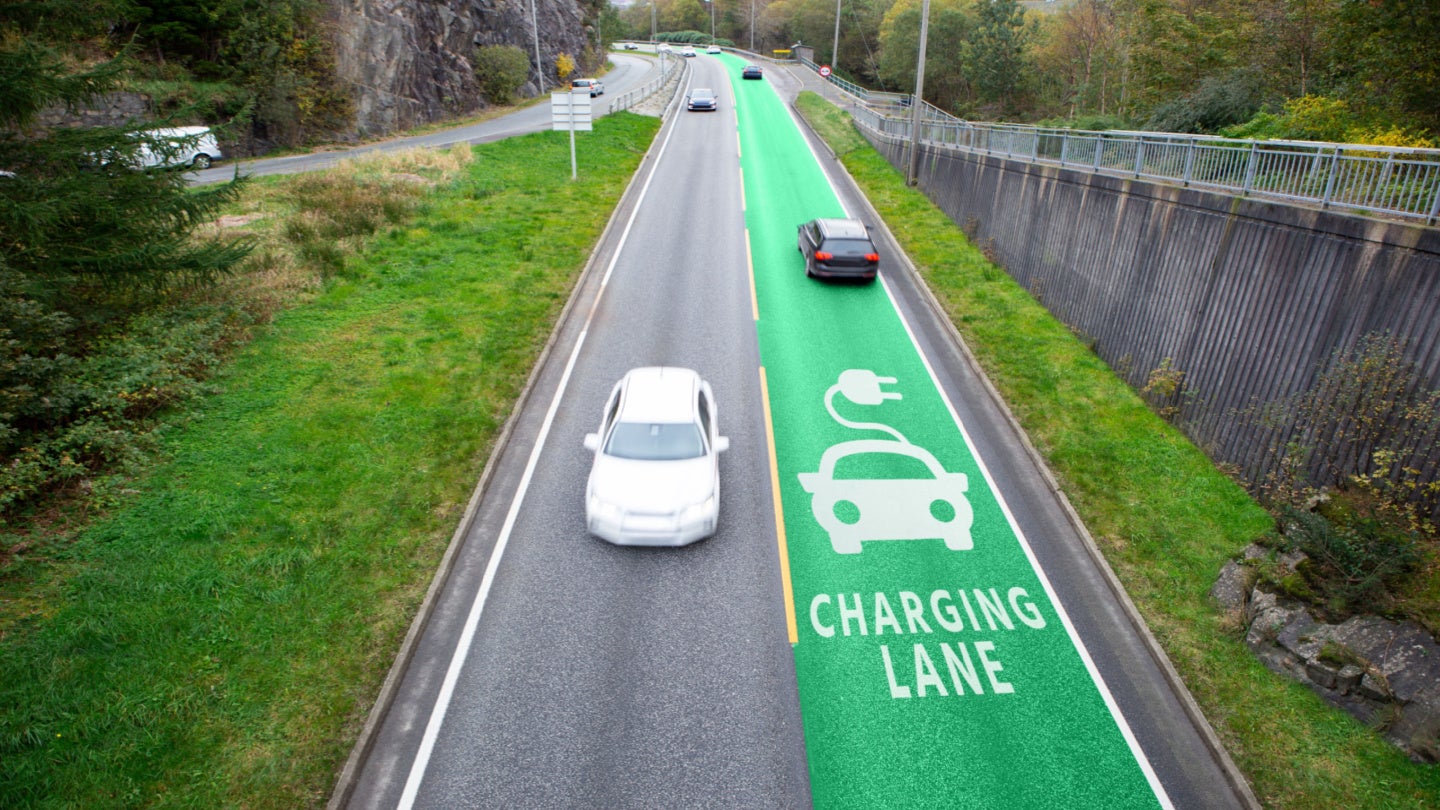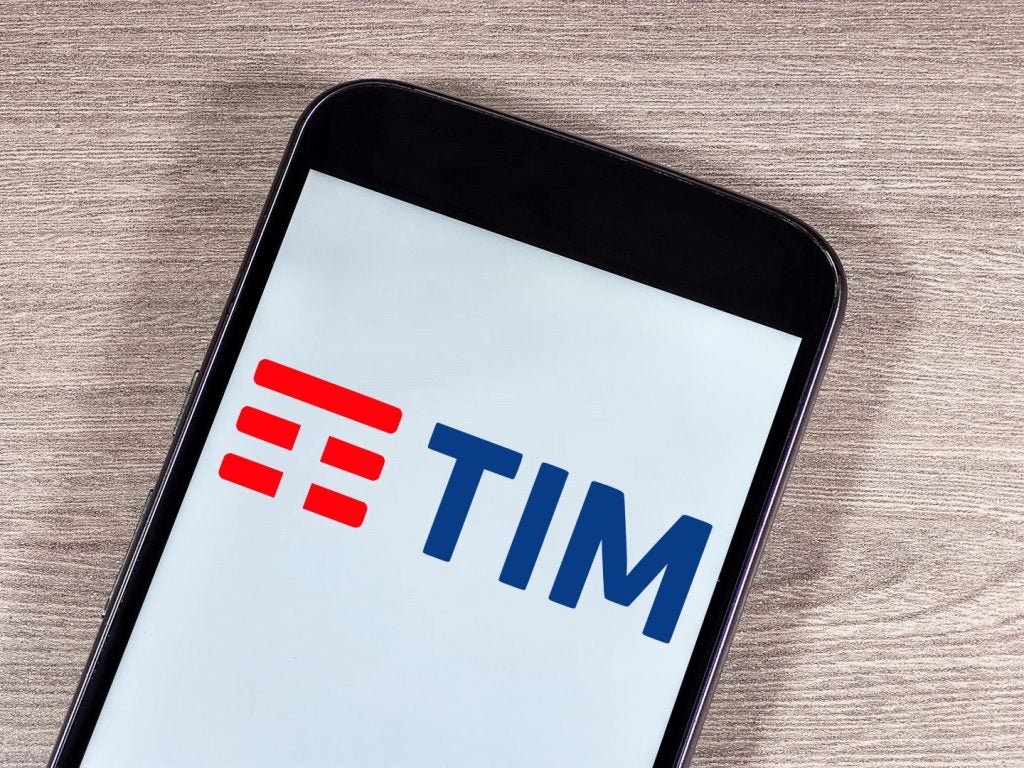Electric cars are one of the most talked about aspects of the net zero transition, but they are only one facet of the wider push to decarbonize road transport. How do we decarbonize the larger HGVs, buses, tractors, fire engines, and refuse trucks that share the road with cars? Their additional size and weight pose additional problems for engineers, as does ensuring that new infrastructure exists to support them. Heavy-duty vehicles are proving to be one of the more challenging sectors to decarbonize.
The most promising solution to implement on a wide scale is an electric road system (ERS). This comes in several forms: an overhead catenary system, in-road conductive transmission, or inductive (wireless) transmission. However, they can all be used to supply low-carbon electricity to vehicles without requiring major advances in battery, hydrogen, or alternative fuel technologies.
What are other ways to decarbonize?
One option to decarbonize heavy-duty vehicles is battery electric trucks, touted by the likes of Tesla and DAF. This is similar to the electric cars on the road today, except trucks would require a significantly larger battery. This large battery causes issues, as the extra weight detracts from the vehicle’s payload capacity, and results in long recharging times. While battery electric trucks have a reasonably high technology readiness level, they are currently unsuitable for long-haul journeys so are not a contender for widespread adoption.
Another option is fuel-cell electric trucks. Hydrogen fuel cells have a longer range and shorter refueling time than their battery counterparts. However, the fuel cell’s low efficiency leads to very high fuel costs. This fuel is already expensive as green hydrogen production is inefficient, expensive, and not yet produced on a large scale. As the technology is so far away from widespread adoption, we cannot rely upon hydrogen fuel cells to single-handedly decarbonize heavy-duty vehicles.
A final alternative involves using fuels similar to petrol and diesel but ensuring they are low-carbon fuels, such as biofuels or electrofuels. Biofuel is produced from biomass so releases net zero carbon, whereas electrofuels are synthetic fuels used to replace traditional fuels and are produced using renewable energy sources. The major advantage of both methods is that there is no need to overhaul the existing infrastructure. Vehicle engines may need some modification to accommodate the alternative fuel, but refueling stations need to simply switch the fuel they are supplying. Therefore, both fuels could be important transition fuels. However, biofuel feedstocks compete with space for farming, so it is unlikely that there will be enough supply for widespread adoption. Synthetic fuels are also a highly nascent technology and will not be ready for widespread adoption for several decades.
The solution: An electric road system
These issues demonstrate why an electric road system is the solution we should be investing in now. The technology exists and works today, so implementation can be rapidly scaled up (provided suitable financing is obtained). We already have to supply highways with new electricity infrastructure such as charging points, and an electric road system represents a way to diversify these investments. Electricity from the grid will be used by all road users, making the investments more cost-effective. Furthermore, this solution is ‘technology neutral’ as it does not depend on any particular energy source; it just requires the electricity supply to decarbonize. Therefore, whatever mix of renewables we end up using down the line will be used to power heavy-duty vehicles. Trials in Germany and Sweden indicate that this approach can be successful. What electric road systems need now is money and political backing.

US Tariffs are shifting - will you react or anticipate?
Don’t let policy changes catch you off guard. Stay proactive with real-time data and expert analysis.
By GlobalData








